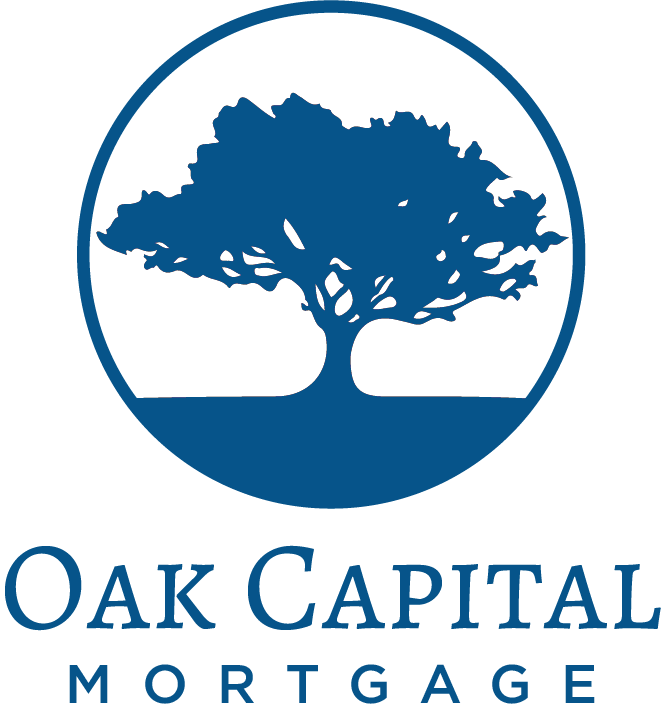When is it a Good Time to Refinance? As President of Oak Capital Mortgage, I…
The Differences between Conventional and FHA Mortgages
Conventional vs. FHA Loans: What’s the Difference?
When embarking on the journey to homeownership, understanding your financing options is crucial. Two of the most popular types of home loans are Conventional loans and FHA (Federal Housing Administration) loans. Each has its own set of advantages and requirements, catering to different types of homebuyers. In this post, we’ll explore the key differences between these two loan types to help you determine which one might be the best fit for you.
Conventional Loans: The Traditional Path
Conventional loans are the most common type of mortgage and are not insured or guaranteed by the federal government. Here are some of the main features of conventional loans:
1. Down Payment Requirements
Conventional loans typically require a higher down payment compared to FHA loans. The standard down payment is around 20% of the home’s purchase price. However, some lenders offer conventional loans with down payments as low as 3%, especially for first-time homebuyers.
2. Credit Score Requirements
To qualify for a conventional loan, you’ll generally need a higher credit score. Most lenders look for a credit score of at least 620, though a score of 740 or higher can help you secure the best interest rates and terms.
3. Private Mortgage Insurance (PMI)
If your down payment is less than 20%, you’ll be required to pay for private mortgage insurance (PMI). PMI protects the lender in case you default on the loan. The good news is, once you reach 20% equity in your home, you can request to have PMI removed.
4. Loan Limits
Conventional loans have higher loan limits compared to FHA loans. These limits vary by location and are adjusted annually to reflect changes in home prices. This makes conventional loans suitable for purchasing higher-priced homes.
5. Flexibility and Variety
Conventional loans come in a variety of terms and types, including fixed-rate and adjustable-rate mortgages (ARMs), offering more flexibility to suit different financial situations and goals.
FHA Loans: Accessible and Affordable
FHA loans are backed by the Federal Housing Administration and are designed to help lower-income and first-time homebuyers. Here are the key features of FHA loans:
1. Lower Down Payments
One of the most attractive aspects of FHA loans is the low down payment requirement. You can put down as little as 3.5% of the home’s purchase price if your credit score is 580 or higher. This makes homeownership more accessible to those who haven’t saved a large sum of money.
2. Lenient Credit Requirements
FHA loans are known for their more forgiving credit score requirements. Borrowers with credit scores as low as 500 can qualify, though they will need to make a higher down payment of 10%. This leniency makes FHA loans a good option for those with less-than-perfect credit.
3. Mortgage Insurance Premiums (MIP)
With an FHA loan, you’ll be required to pay mortgage insurance premiums (MIP). This includes an upfront premium (typically 1.75% of the loan amount) and an annual premium that’s paid monthly. Unlike PMI for conventional loans, MIP usually remains for the life of the loan unless you refinance into a conventional loan.
4. Loan Limits
FHA loans have lower loan limits compared to conventional loans. These limits vary by region and are intended to serve moderate-income buyers. If you’re looking to buy a high-priced home, an FHA loan might not cover the full cost.
5. Easier Qualification
FHA loans have more relaxed eligibility criteria, making them easier to qualify for, especially for first-time homebuyers or those with past financial challenges.
Which Loan is Right for You?
The choice between a conventional loan and an FHA loan depends largely on your financial situation, credit history, and homeownership goals. If you have a strong credit score, a sizeable down payment, and are looking at higher-priced homes, a conventional loan might be the better option. On the other hand, if you need a lower down payment, have a lower credit score, or are a first-time homebuyer, an FHA loan could be the right fit.
Conclusion
Understanding the differences between conventional and FHA loans can help you make an informed decision about which mortgage is best for your needs. Both loan types have their advantages and cater to different types of buyers. By considering your financial situation and homeownership goals, you can choose the loan that best supports your path to owning a home. Happy house hunting!





